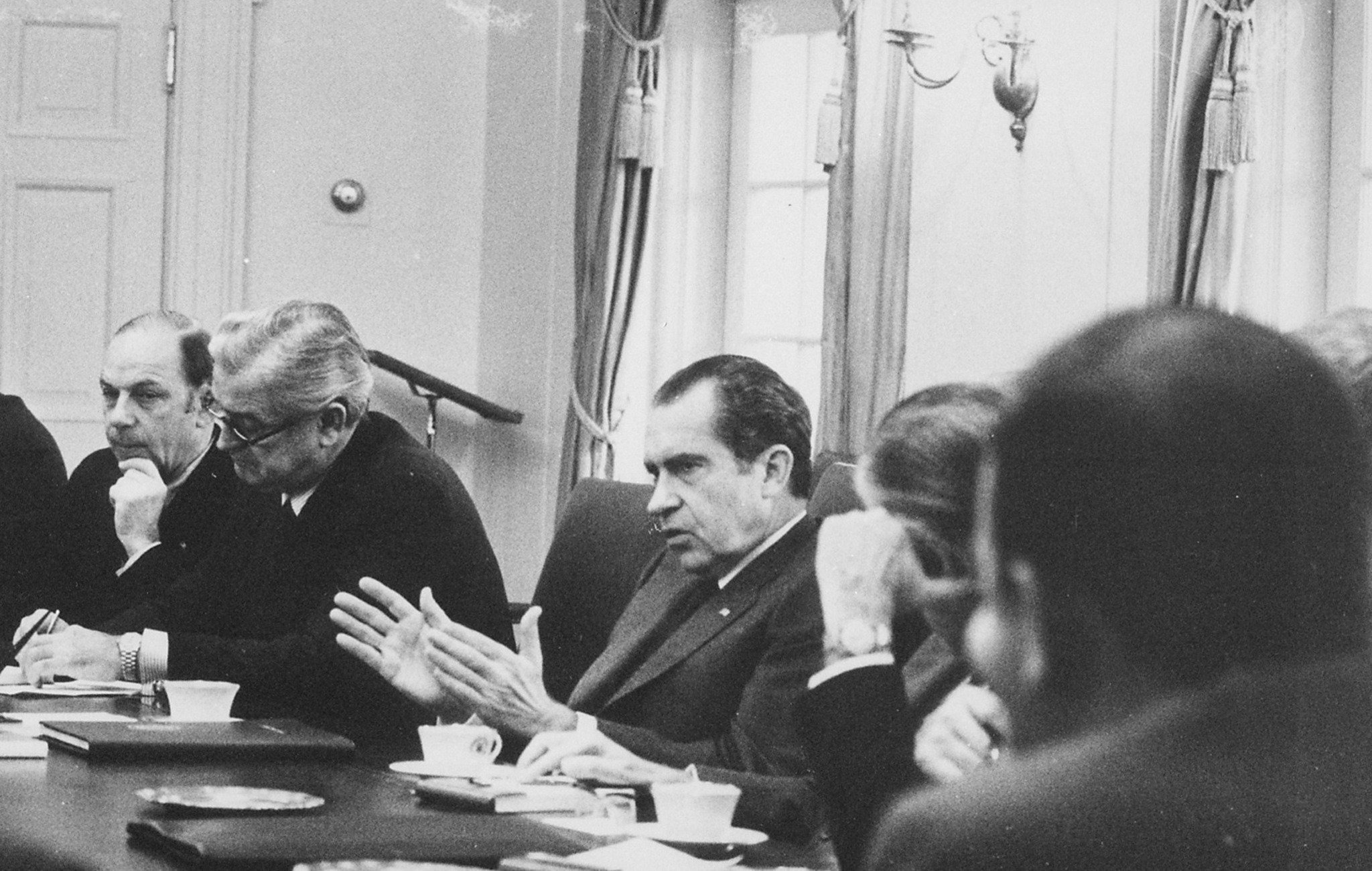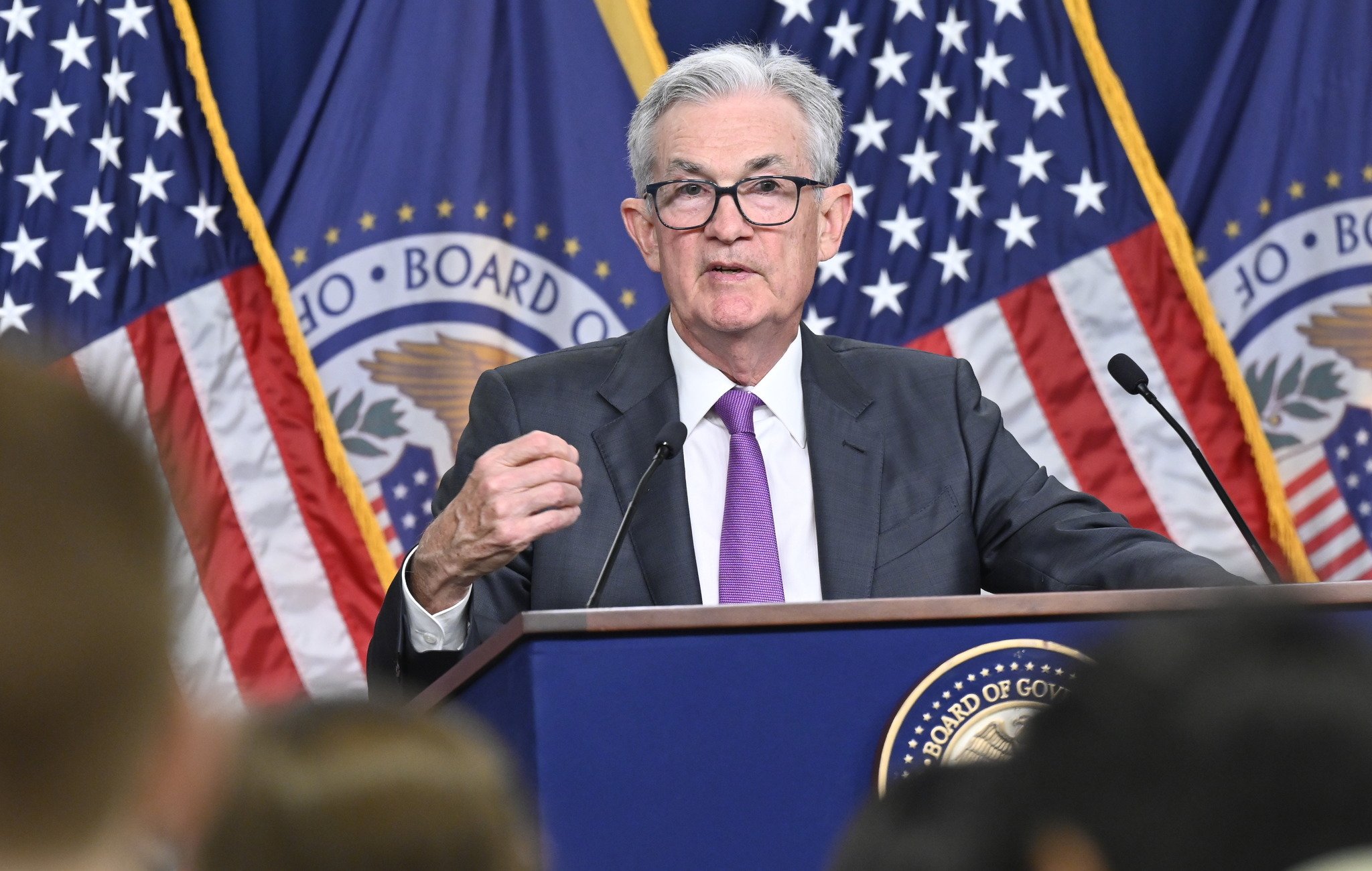Inflation
|
Inflation Remained Elevated in February
“Market participants continue to expect three cuts this year — and that those cuts will begin in the first half of the year. But they have adjusted the odds.” ~William J. Luther
|
Baseball, a Beer, and a Dog
“The most expensive beer in the major leagues is found where everything seems to be most expensive: Washington, DC. At Nationals Park a single beer will set you back $14.99.” ~James R. Harrigan
|
“The Price of Time” and Broken Central Banking
“The unique value of Chancellor’s book, beyond tracing this intellectual history of interest and illustrating it by financial debacles up and down the centuries, is to connect the social and market outcomes with the broken money markets.” ~Joakim Book
|
Fact-Checking “Greedflation”
“By fueling an overall increase in demand, central banks can generate a sustained increase in the general level of prices — inflation. Central banks are the primary source of money creation, not firms.” ~Nicolás Cachanosky
|
Inflation Remains Elevated. Is Money Actually Tight?
” Fed watchers expect the Federal Open Market Committee will keep rates steady when they meet on March 19-20. In light of the CPI data, that’s a defensible move.” ~Alexander W. Salter
|
Faster Growth and Interest Rates: Even Harder than You Think
“Higher rates could be a sign of loose money, not tight, depending on how far from the policy change we’re looking and how fast the market adapts.” ~ Alexander W. Salter
|
Fed Admits It Was Wrong – Kind Of
“So rather than starting to tighten policy in the fourth quarter of ‘21, as Powell described, the Fed was implicitly loosening policy through May of ‘22.” ~Thomas L. Hogan
|
Is Inflation on the Rise Again?
“The Fed should be looking ahead and adjusting monetary policy in light of its forecasts. Instead, its eyes are fixed on the rear-view mirror.” ~William J. Luther
|
Congress Overspends, but the Fed Inflates
“At most, large deficits impelled the Fed to support the market for government debt by purchasing more debt than it should have. The central bank, not the fiscal authorities, is the residual determiner of aggregate demand.” ~Alexander W. Salter
|
Two Kinds of Transitory Inflation
“Team Transitory’s narrative just doesn’t cohere. Whether we’re trying to explain the Great Inflation of the 1970s and early 1980s, or the inflation of the past two years, we need to rely on demand-side mechanisms.” ~Alexander W. Salter
|
America Can’t Afford Bidenomics
“The euphoria surrounding the January 2024 jobs report is misplaced. Policymakers should heed these warning signs and enact meaningful reforms to address root causes.” ~Vance Ginn











